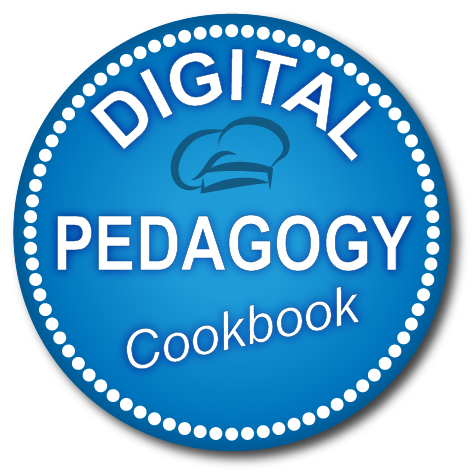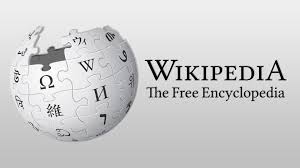DigCompEdu Competence area
Progression Level
Minimum digital skills level of Students
Minimum digital skills level of Educators
Learning/Teaching situation
Software applications come to serve an effective way of both teaching & learning.
Target group
Teachers want to have classroom blogs and get their students writing and collaborating
Ingredients
- PC/laptop
- Internet connection
Description
A wiki is a collaborative tool that allows students to contribute and modify one or more pages of course related materials. Wikis are collaborative in nature and facilitate community-building within a course. Essentially, a wiki is a web page with an open-editing system.
In many classrooms, the instructor provides most of the course content. With wikis, students have an opportunity to create – together – much of the course content. Wikis shift your students from ‘consumer of knowledge’ to ‘creators of knowledge,’ which is a great way to encourage your students to develop critical thinking skills, to learn from one another, and to improve their ability to work in groups
How to do it (step by step)
Step 1
Set up the Wiki
You have several options when setting up your wiki. Free wiki hosting options like Wikia (http://www.wikia.com/Wikia) and MediaWiki (http://www.mediawiki.org/wiki/MediaWiki) allow you to build a wiki from the ground up. Some organizations provide wiki hosting, software, and templates for a fee.
When choosing between a free or paid service, think about why you need this wiki, how many people will potentially be involved, how much time you can devote to setting it up and maintaining it, and the level of security you need. You can use a site like WikiMatrix (http://www.wikimatrix.org/) to compare your options and find a wiki that best meets your needs.
Step 2
Use Wiki
Provide a cheat sheet of markup characters to help individuals format text. Give support to individuals while they write and edit a “practice” wiki, and continue to emphasize the purpose of the wiki and the benefits students will get from it.
When to use a wiki :
• Mini research projects in which the wiki serves as documentation of student work
• Collaborative annotated bibliographies where students add summaries and critiques about course-related readings
• Compiling a manual or glossary of useful terms or concepts related to the course, or even a guide to a major course concept
• Maintaining a collection of links where the instructor and students can post, comment, group or classify links relevant to the course
• Building an online repository of course documents where instructors and students can post relevant documents
• Creating e-portfolios of student work
There is more…
How to make wikis work for your classroom
• Offer initiation, directions, and rules for students on wiki use. Make yourself available to answer questions and troubleshoot.
• Form a plan for the layout and structure of the wiki. It may be best to design a simple template yourself, allowing students to add their own information and pages.
• Some wikis limit editing access to one student at a time. Familiarize yourself with the functionality of the wiki site and make a plan for handling this potential roadblock to avoid issues.
• Create an assessment plan to evaluate student participation in the wiki.
• Think about how the wiki will interact or overlap with other classroom assignments and collaborations. Adjust as needed to account for any conflicts.
• Initiate and support hyperlinking to your students.
• Most learning management systems support wiki features and comment functionality. How does this correlate and fit in with the usual discussion board?
• Include the wiki project in your classroom syllabus.
• Talk about cooperative edits before the project begins.
• Be mindful that some wikis might require firewalls and pop-up blockers to be disabled in order to function properly.
See Also
Wikiversity supports learning communities, their learning materials, and resulting activities. It differs from Wikipedia in that it offers tutorials and other materials for the fostering of learning, rather than an encyclopedia; like Wikipedia it is available in many languages.
Find more at https://www.wikiversity.org

